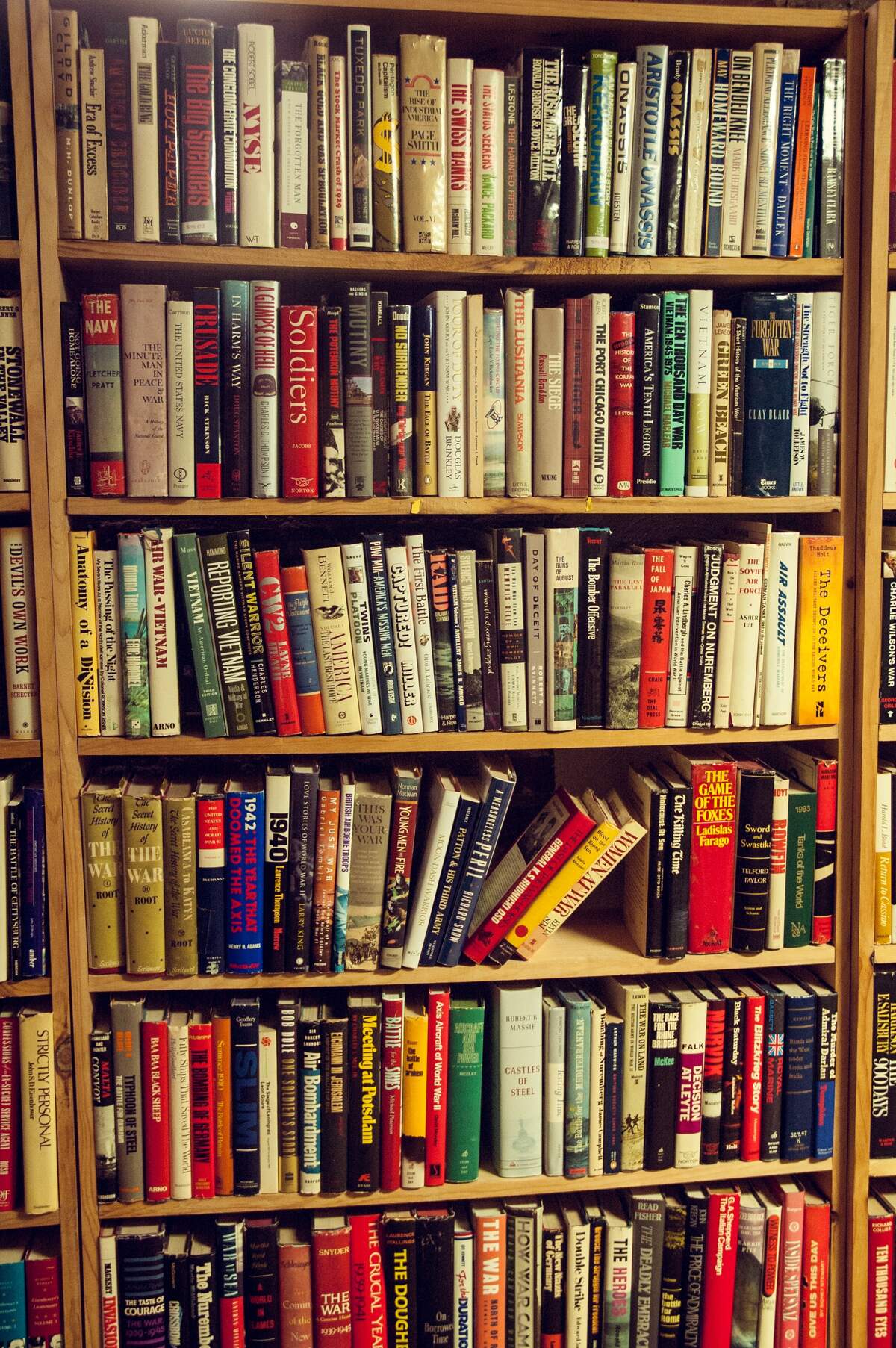

National Librarian Day
Observed
annually on April 16th
Dates
Hashtags
Sources
https://www.anrdoezrs.net/links/100298379/type/dlg/http://www.newspapers.com/image/552780459/
https://en.wikipedia.org/wiki/Librarian
https://holidayinsights.com/moreholidays/April/nationallibrarianday.htm
https://oomscholasticblog.com/post/speak-national-librarian-day
https://visual.ly/community/Infographics/education/national-librarian-day
National Librarian Day honors all librarians. Librarians work professionally in public libraries, school libraries, academic libraries, and special libraries. Special libraries are for a particular group of people or organization, with some examples being medical libraries, theological libraries, museum libraries, and theological libraries. Librarians are usually trained in librarianship, holding degrees in library science. Many have master's degrees and doctorates.
The role of librarians continually changes as social and technological needs shift. Librarians deal with information in a plethora of formats, such as books, magazines, newspapers, electronic resources, manuscripts, and photographs. They also provide other information services, such as information literacy instruction and coordination with community groups to host public programs. There is a long list of different types of librarians: archivists, collection development or acquisitions librarians, electronic resource librarians, school librarians, instruction librarians, media specialists, outreach librarians, public service librarians, reference or research librarians, systems librarians, technical service librarians, children's librarians, and young adult librarians. Some experienced librarians also work in administrative positions.
Librarians date back to the eighth century BCE, when Ashurbanipal, King of Assyria, introduced librarianship as a profession after he put a library in his palace in Nineveh. The "keeper of books" at his library oversaw thousands of tablets. Following the death of Alexander the Great in 323 BCE, Ptolemy created the Great Library of Alexandria, which housed all Greek literature and was known for its famous librarians, such as Callimachus.
At the end of the Roman Republic and at the beginning of the Roman Empire, Roman aristocrats often had libraries in their homes. Some lent out materials as librarians would. Some Roman emperors created public libraries where scholars worked as librarians. Following the fall of Rome, librarians worked in Christian monasteries. They often oversaw monks who copied books. A little while later, people called librarius worked to expand cataloging, inventory, and classification.
After reemerging in the fourteenth century, universities began having libraries and librarians. Private libraries developed in Europe during the Renaissance, which were planned and organized by librarians. Materials were restricted, but libraries were open to the public. Librarians soon created the Bibliotheca Universalis, a universal listing of all printed books. The influence of these librarians and the use of Bibliotheca Universalis changed libraries. Literature meant for entertainment began being included with literature of academic importance. Oxford's Bodleian library was opened at this time, which was known as the first modern library. Libraries also became more efficient after the library catalog made its debut in 1595.
Professionalization of librarians started in the nineteenth century, when the first training school and universities related to the profession were opened, the first professional library associations were formed, and the first licensing procedures were started. A similar amount of women and men worked as librarians in 1920, but eighty percent of librarians were women by 1960. The number remains close to this today. On National Librarian Day, we honor librarians for the role they play in connecting us with information at libraries.
How to Observe National Librarian Day
The best way to spend the day is to head to a library and thank a librarian for the help they provide. Perhaps there is a particular librarian who has helped you over the years whom you could thank. Some other ways to spend the day could be to get assistance from a librarian at one of the best libraries in the world or to learn about some of the most famous librarians of all time. This is also a befitting day to look into becoming a librarian.





















